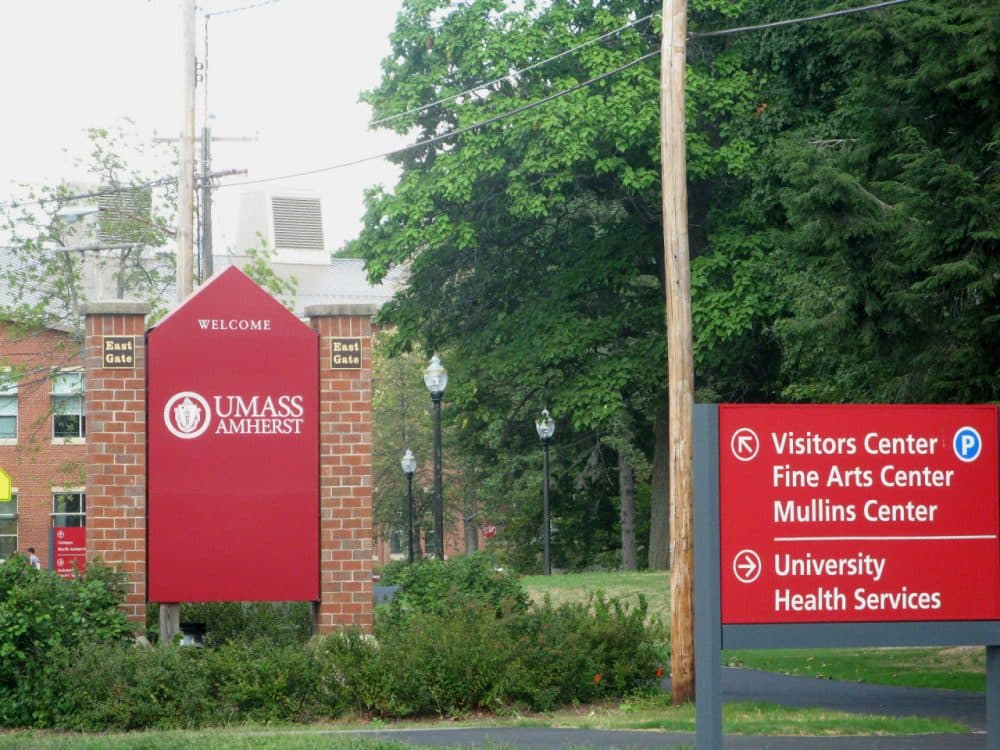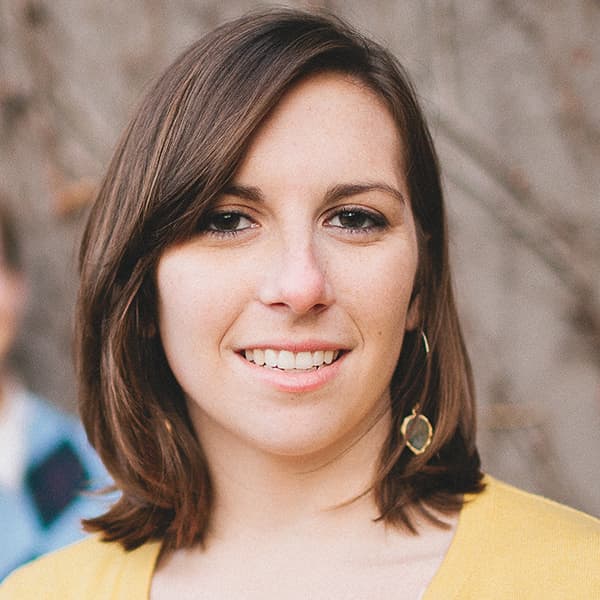Advertisement
Coronavirus Coverage
‘We Just Don’t Know’: UMass President Prepares For Possible Virtual Fall Semester
Resume
Whether or not college students head back to campus this fall is very much an open question. So universities around the state are preparing for a range of "virtual semester" scenarios.
Among them, the University of Massachusetts, with its 75,000 students and 18,000 workers.
Marty Meehan, president of the UMass system, joined WBUR's Morning Edition to discuss the school's strategy for the future. Below is a transcript of the conversation, lightly edited.
Transcript
Bob Oakes: So let's start right there. Tell us about preparations for a hypothetical virtual semester in the UMass system this fall.
Marty Meehan: Well, first of all, on March 16th, we moved to full, remote work for virtually all of our 18,000 faculty and staff and our 75,000 students. Obviously, what we're doing is looking at what the professionals are saying in terms of whether we'd be able to get back in September. And to that end, we're working for every possible, full range of scenarios. Continuation of the current status is a possibility. You know, having all the students back, we just don't know yet. But I think, Bob, we need to know by July 15th at the latest and make plans. But we're preparing for every scenario. One of the challenges in this crisis is we just don't know what's going to happen in a month or two months or three months from now. But we need to prepare for all options.
Oakes: So how is remote learning going so far across the system?
Meehan: It's going reasonably well, given the fact that within a matter of a few days we went from students in classrooms to 75,000 students doing remote learning. So it's going reasonably well. That having been said, I think there are going to be long term changes in higher education. Now, I think it's crystal clear that online teaching and learning is going to be essential to breaking down barriers of time and distance to educational opportunities.
Oakes: Well, we know that students across the country are grumbling about paying full in-person tuition for what turned out to be online classes this current semester. What are you hearing from your students on that?
Meehan: I think students would prefer to be on the campuses in their housing. One of the things that we did, we made a decision to reimburse students for room and board and parking and in food services and things like that. It's going to cost about $70 million this semester. We're probably - at UMass, we have a $125 million deficit as a result of decisions to pay back students. Look, our students have already, many of them lost jobs. Many of our students work one, two jobs and they've lost one or two jobs. So it's challenging. We're in a really difficult situation. We're working with our congressional delegation to try to see that we can get our students more aid. We want to keep the University of Massachusetts going. So we're looking at all options and everything is on the table.
Oakes: I want to ask if the UMass system is forced into another virtual semester this coming fall — online classes instead of on campus classes — will the system charge full tuition?
Meehan: We haven't made a determination on that. All of our campuses — our five UMass campuses — are in the process of putting together a comprehensive budget plan, number one, to close the deficit from this fiscal year and also look ahead to the 2021 fiscal year and make a determination of how we could manage things. And so we'll make a decision on that sometime in the future.
Oakes: In terms of the budget, you've said everything is on the table regarding finances, including furloughs of employees and layoffs. Are those going to happen?
Meehan: Yeah, they will happen in some cases. I mean, I've already furloughed myself. That will be done on a campus by campus basis and they're all looking at it will submit their plans and we'll move forward. But it depends upon, what's in the federal stimulus budget, how many students are going to come back? There's a major issue in terms of demographics and how many students are coming back. So we're trying to gauge that. To be honest with you, Bob, we've gotten a lot of positive feedback in that the number of students attending UMass may actually go up in September. So the initial response for an incoming freshman class has been actually very strong.
This article was originally published on April 17, 2020.
This segment aired on April 17, 2020.

